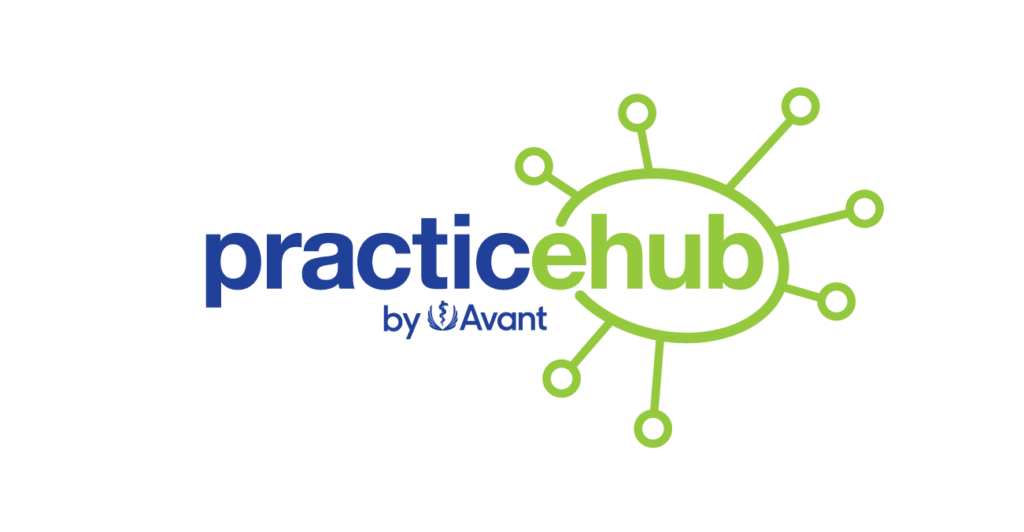
Healthcare technology innovations have accelerated in recent years, and so has the rate at which medical practices are adopting digital solutions to improve efficiencies and patient care.
The pandemic, of course, has forced more practices to move from in-person healthcare delivery to digital patient management and telehealth services. In fact, 68% of medical practices report they expect their technology budgets to increase in the next 12 months, according to a recent CommBank GP Insights Report.
Healthcare technology benefits patients, plus clinical and non-clinical staff
A poll we conducted found practice owners and managers thought that using more technology in their business has these main benefits:
- saving time on administrative tasks 87%
- saving time on patient management 67%
- reducing risk to the practice 60%
- meeting patient expectations 67%
Patients increasingly want more convenient access to health information and care, so they can be more actively involved in maintaining their own health. So it’s up to medical practices to embrace the technology that delivers these services, whether that’s features such as online appointment booking, SMS alerts, electronic prescriptions, or phone and video consults.
For clinical staff, having access to real-time data on patients, and for their own compliance requirements, supports better decision making and ultimately, improves patient safety and outcomes. For non-clinical staff, the technology of cloud-based practice management platforms allows practices to automate administrative and compliance tasks, improving efficiencies in operational processes, along with better accuracy and security of medical and financial information.
But with those benefits are some potential challenges you need to consider, including:
- Practice budget constraints – can you afford to invest in new technology?
- Impacts on practice workflows and patient care during implementation of a digital system
- Training staff to use any new technology.
And with so many digital solutions available, how do you decide what to invest in to improve efficiencies and the patient experience, while helping you run a quality practice and supporting your compliance obligations?
Identify your practice issues that technology can help resolve
Start by reviewing your existing processes. Some questions to answer are:
- Where is there unnecessary duplication in our processes?
- Where are we wasting time and money?
- What risks do our processes pose? And is the risk unacceptable?
Identify consistent problem areas by seeking feedback from patients and staff through complaint logs, team meetings, exit interviews and surveys.
How to choose the right digital solutions
Do your research: Network among peers, read industry reports, seek advice from your current software and IT providers, search the internet, and scour webinars and forums.
Make a shortlist, then get real: Once you’ve narrowed your options down to a few, you need to determine which is the best fit and will likely get sign-off from the practice owners. Think about:
- Will this technology move you towards meeting your company’s goals and vision?
- What are potential benefits and impacts on your stakeholders – patients, staff, contractors and suppliers?
- How easy will it be to integrate? Think about impact on patients and staff during implementation: team training, service interruptions etc
- Is it within our budget – initially and ongoing?
Communication is key to successful implementation
Everyone impacted by your new digital solution needs to be kept in the loop, from getting your decision makers and stakeholders on board before committing to it, to creating your implementation plan, training staff and helping patients adapt to the new system, through to your post-implementation review. Open communication is vital.
Technology helps reduce risk, simplify compliance and enhance collaboration
Paper-based documentation and manual processes are subject to human error, which can increase compliance and medico-legal risks in your practice. Using technology to automate your processes can improve your risk management, streamline your practice management, and facilitate easier collaboration and communication with your team.
When you create and store your practice policies and procedures in an online platform like PracticeHub, it makes it easy to update them, so you stay current with the Standards. Recurring compliance tasks can be automated in PracticeHub too, such as indemnity insurance certificate and tracking of Ahpra registration renewals.
The process of ensuring staff have read and understood a new or updated policy can also largely be automated: staff receive a copy of a policy flagged as required reading. They then sign off that they’ve read, understood and agree to comply, which creates a record of the sign off. So at any point in time you know who has signed off, or more importantly, who hasn’t.
Collaborating with your team on creating and updating policies helps them feel engaged and valued. This becomes easier with an online platform, where your documents are all in one place and you can directly message staff to get their input.
Choosing the right digital solutions to enhance your practice operations requires you to do your homework. But once you see how much time, money and effort you save, you may wonder how you ever managed without it!
You’ll find more tips in our webinar, ‘Leveraging technology to create an effective and compliant practice’.
WATCH THE REPLAY
PracticeHub’s healthcare management technology helps practices improve efficiencies in their daily operations, so they can deliver better quality patient care. To find out more, book a demo or call 1300 96 86 36.
Persons implementing any recommendations contained in this publication must exercise their own independent skill or judgment or seek appropriate professional advice relevant to their own particular practice. Compliance with any recommendations will not in any way guarantee discharge of the duty of care owed to patients and others coming into contact with the health professional or practice. Avant and PracticeHub are not responsible to you or anyone else for any loss suffered in connection with the use of this information. Information is only current at the date initially published. © Avant Mutual Group Limited 2021.

